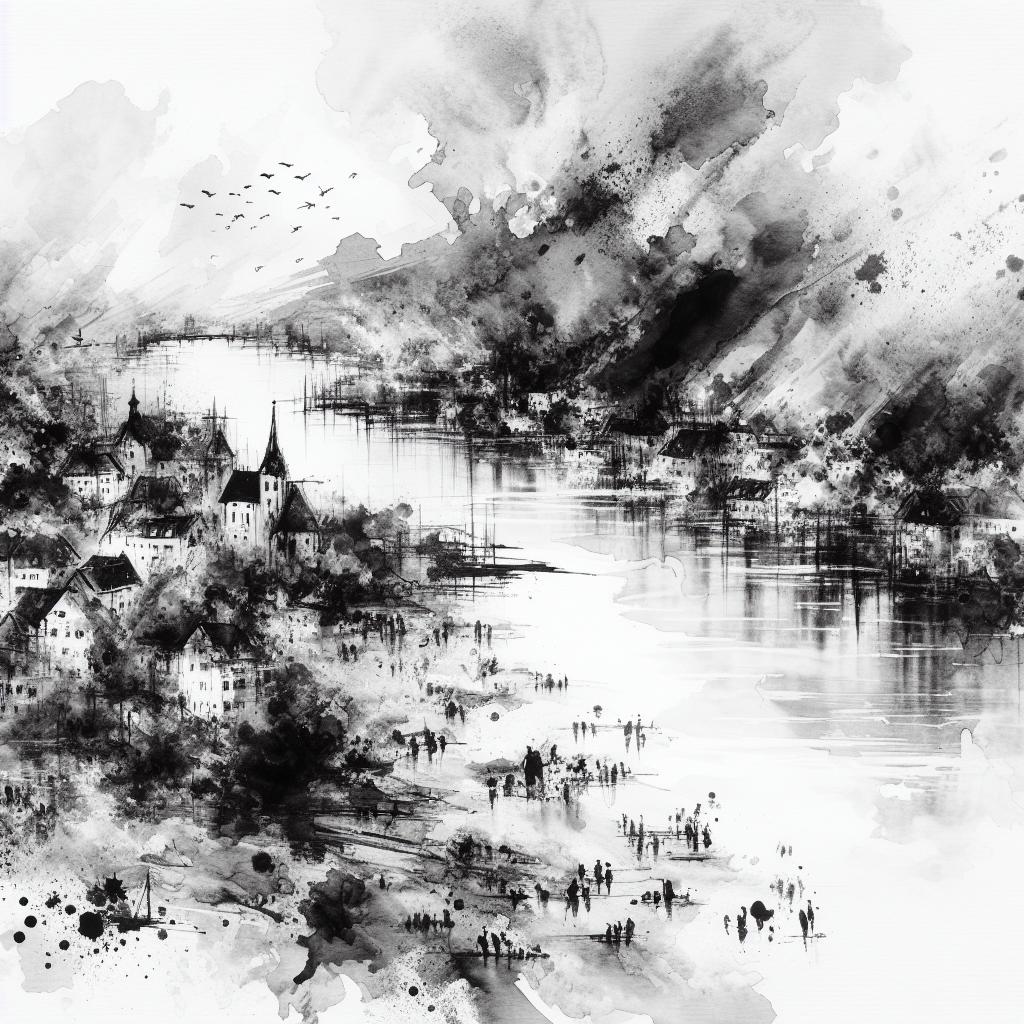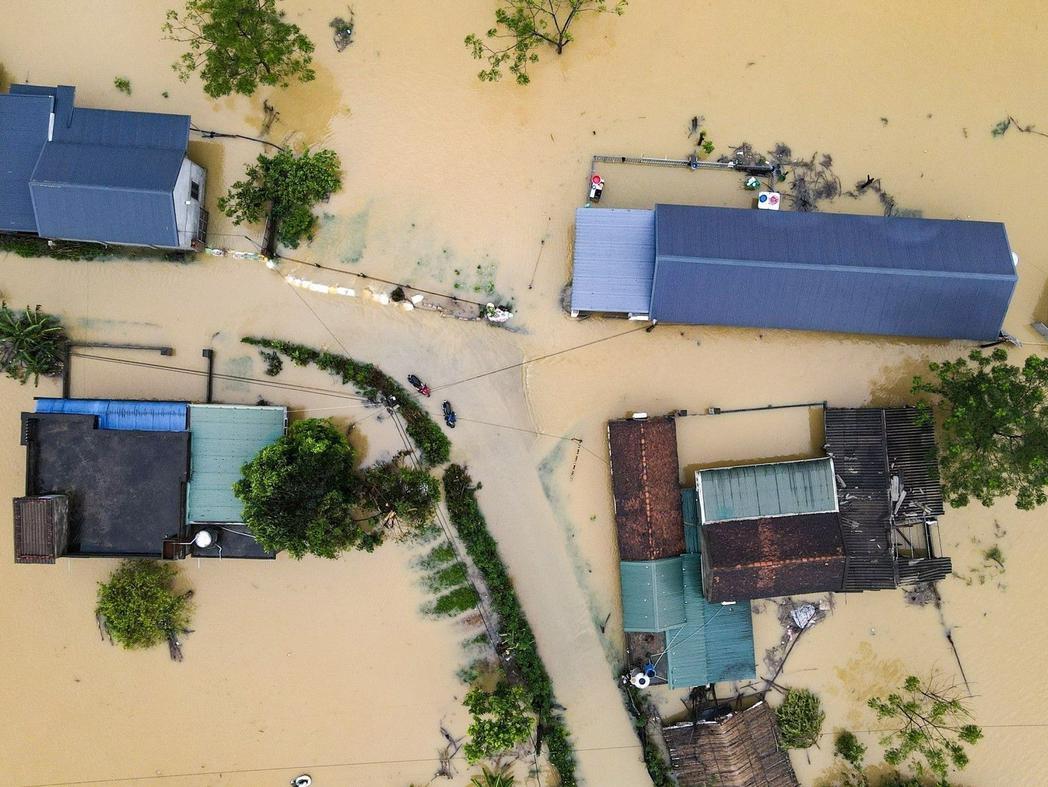As the floodwaters in southern Germany begin to subside, the city of Passau breathes a sigh of relief as the Danube River falls below the critical 10-meter mark. The situation, however, remains precarious across the region with several areas still grappling with the aftermath of the deluge. The death toll from the devastating floods stands at five, with a firefighter still missing amidst the ruins. States of emergency have been declared in multiple counties and cities, underscoring the severity of the crisis. In response to the calamity, the German government has announced a substantial financial aid package, and Chancellor Olaf Scholz has reaffirmed the nation’s commitment to supporting the flood-affected and bolstering defenses against such extreme weather events, which are increasingly attributed to climate change. Cleanup operations have kicked off, with the German Red Cross and other organizations mobilizing over a thousand personnel to assist with the massive task of recovery. The German Weather Service (DWD) has provided a cautiously optimistic forecast, predicting no significant rainfall but warning of possible thunderstorms in the Alps. As the waters recede, the focus shifts to rebuilding and prevention, with calls for increased investment in flood protection measures echoing through the halls of government.
Key points
- The Danube River in Passau has receded below the critical 10-meter mark, signaling a turning point in the flood crisis.
- Five confirmed fatalities and ongoing searches for missing persons, including a firefighter, mark the human toll of the floods.
- Cleanup operations are in full swing, with over a thousand volunteers and emergency personnel deployed across the affected regions.
- German government pledges financial aid and stresses the need for improved flood protection in the face of climate change.



